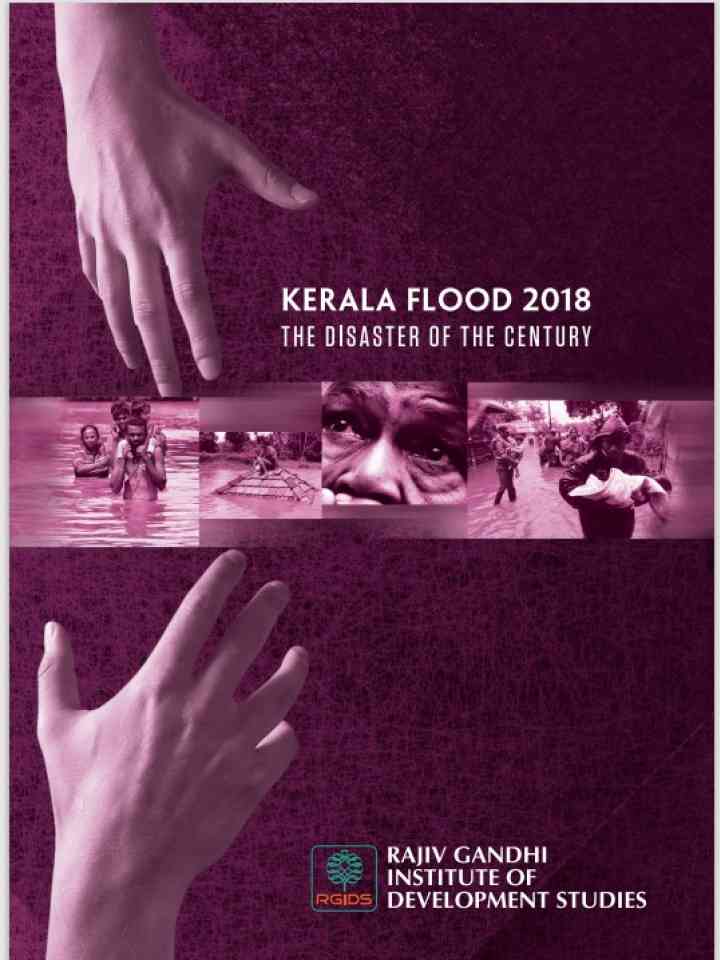Kerala Flood 2018 : The Disaster of The Century
In August 2018, Kerala faced catastrophic flooding, described as the "disaster of the century," which resulted in the loss of 483 lives and extensive damage to infrastructure, agriculture, and the environment. The unprecedented rainfall overwhelmed reservoirs and led to significant lapses in dam management, exacerbating the flooding situation. The disaster highlighted systemic deficiencies in disaster preparedness and response, as local authorities struggled to manage the crisis effectively, despite the support from various organizations and volunteers.
The impact of the floods was felt across multiple sectors, including agriculture, housing, and biodiversity. The report emphasizes that many dams overflowed due to inadequate management practices, leading to severe ecological damage and economic losses estimated at around ₹40,000 crore. Recommendations from the Rajiv Gandhi Institute of Development Studies (RGIDS) include improving dam operations, establishing better communication protocols for water release, and implementing a comprehensive disaster management plan at local levels to enhance preparedness for future events.
Looking ahead, the committee advocates for a holistic approach to disaster management that incorporates river basin councils and prioritizes sustainable development practices. It calls for a focus on rebuilding resilient infrastructure while considering environmental conservation and community needs. The long-term recovery process will require collaboration among various stakeholders to restore normalcy and improve living standards in affected areas.
Explore further
